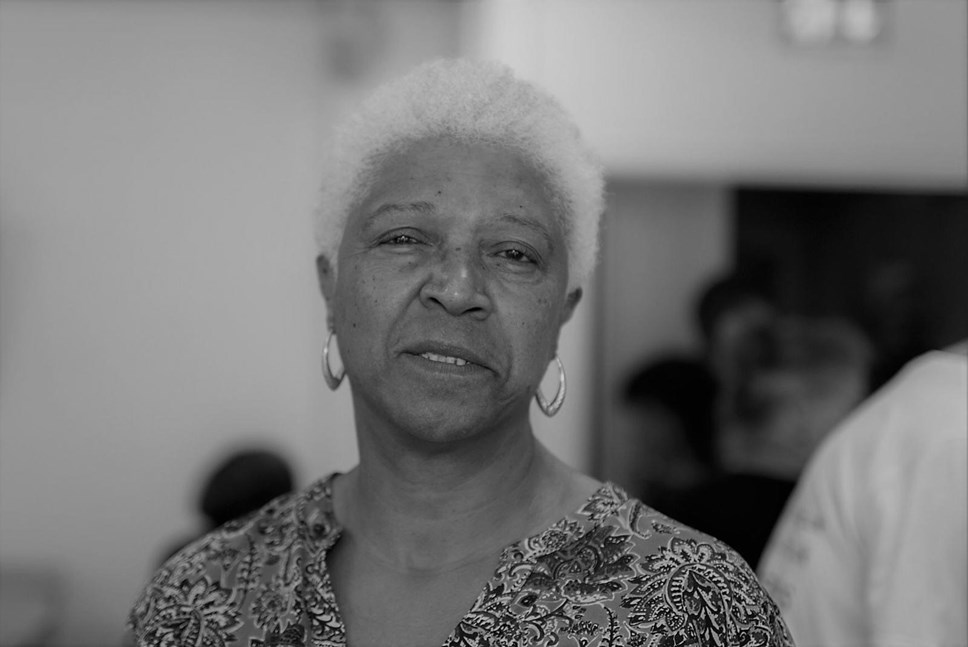
Black Lives Matter: First Minister of Wales announces statues, street and building names audit
The First Minister of Wales Mark Drakeford has ordered an urgent audit of statues, street and building names to address Wales’ connections with the slave trade.
The announcement follows a month of action by the Black Lives Matter movement, which has shone a light on racial inequalities around the world.
The audit, which will span the length and breadth of the country, will be spearheaded by Gaynor Legall, a powerful advocate for ethnic minority women across Wales. Cardiff-born Legall, will lead the task and finish group selected for their expert knowledge of the slave trade, British Empire and history of black communities in Wales.
The First Minister said:
“The Black Lives Matter movement has brought to the fore a number of important issues we need to address as a country. One is the need for Wales to reflect on the visible reminders of the country’s past. This is especially true when we look at the horrors of the slave trade.
“Some of our historic buildings are reminders of this painful period of our history. Some may appear to make heroes of historical figures whose actions we now condemn. Individuals connected to the slave trade may be remembered in street names or the names of public buildings. They are commemorations of a past that we have not fully challenged and that we should challenge now.
“This is not about rewriting the past – it is about reflecting it with the justice it deserves. If done in the right way, we can create a richer and more informed relationship with our history. We can find new stories and figures to celebrate. We can reflect a Wales that rightfully celebrates our diverse communities. This is what our past deserves and our present so rightfully demands.”
An external group of young people and communities will be consulted about the findings before we plan how best to move forward together. Additionally, the Minister for Education will shortly announce further details of a working group to oversee the development of learning resources, and identify gaps in current resources or training related to BAME communities, their contributions and experiences. This work is aligned to the Estyn review of Welsh history, which will take full account of Welsh, and wider, BAME history, identity and culture.
